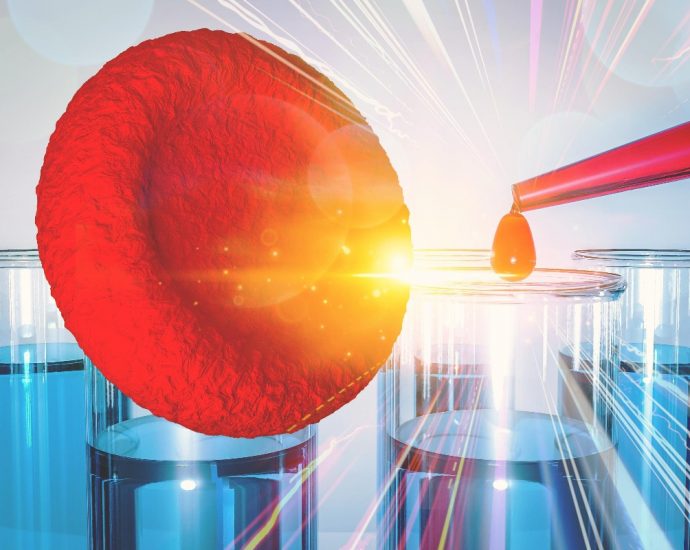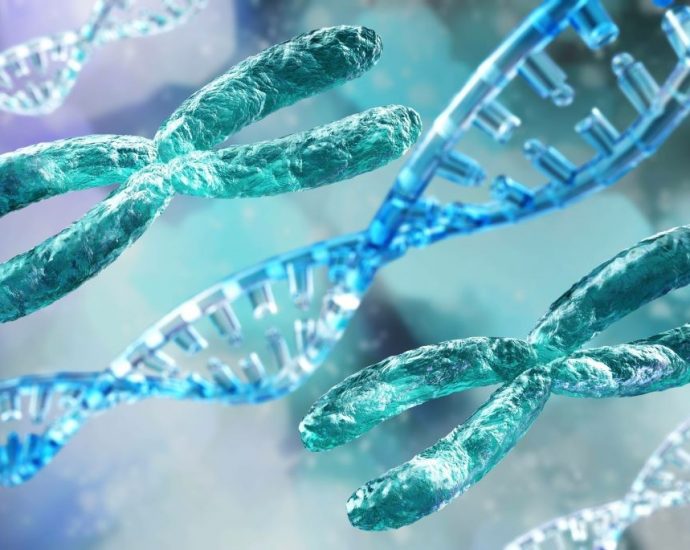Newborn Genome Analysis Spots More Health Issues Than Standard Screening
THURSDAY, Oct. 23, 2024 (HealthDay News) — DNA analysis of newborns can detect many more preventable or treatable health problems than standard newborn screening does, a new study shows. Genome sequencing identified 120 babies with serious and treatable health conditions out of 4,000 newborns, researchers reported Oct. 24 in theContinue Reading

-690x550.jpg)


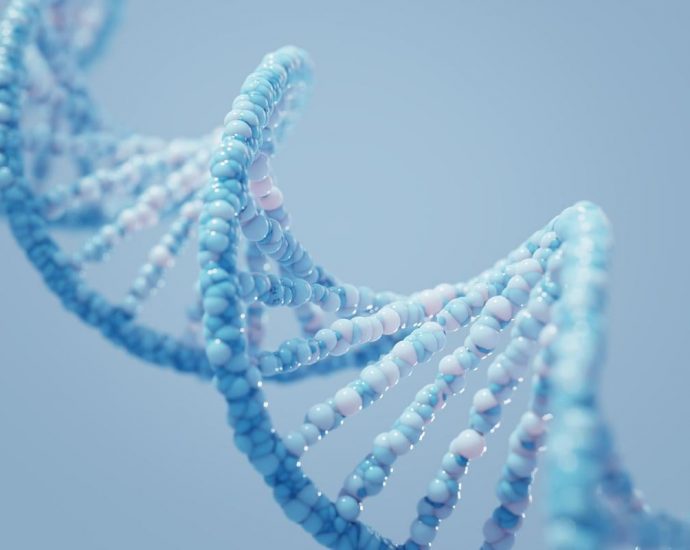
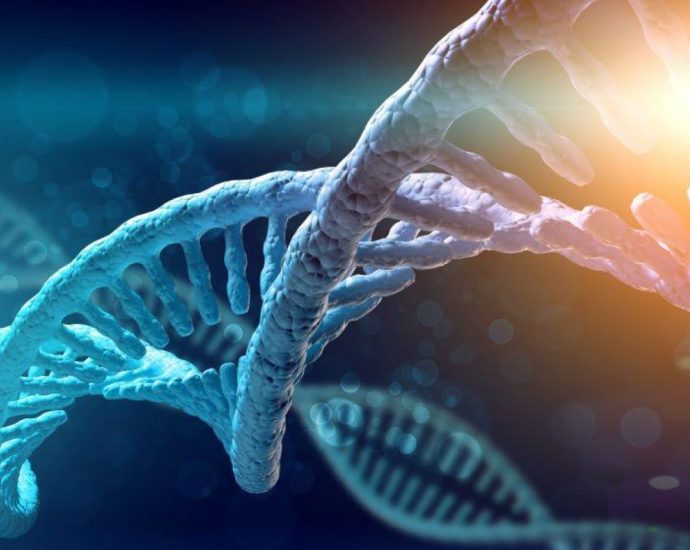

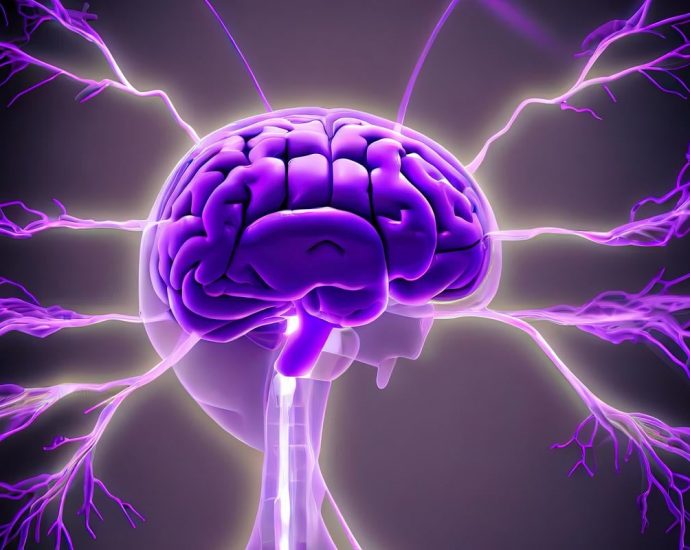
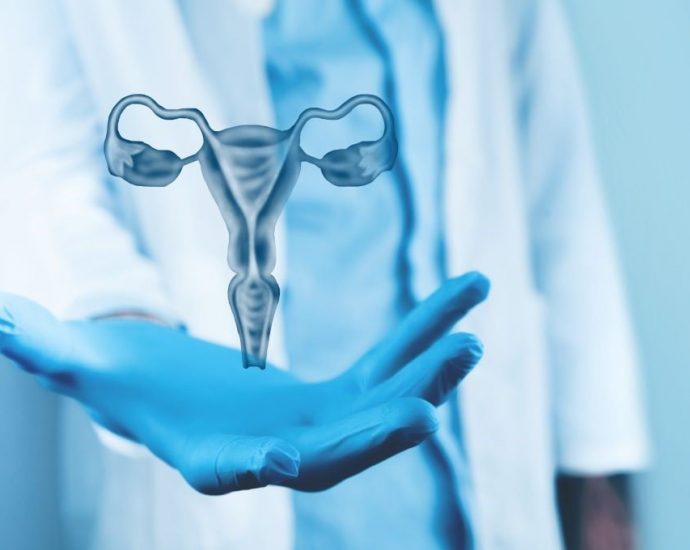
-690x550.jpeg)
-690x550.jpg)

